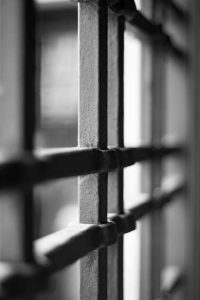States across the U.S. are seeing labor shortages, perhaps due to COVID-19 or unprecedented job growth in recent years. Nonetheless, there are not enough Americans to fill the vacancies. Where can we find more laborers? Well, legislators are now looking at Illinois’ prisons to see if they can kill two birds with one stone, so to speak.
However, there remain several pitfalls for those released from prison, not the least of which is very few schools will take prison transfer credits. Why would they? Illinois requires that all potential barbers get 1,500 hours of credits before their licensing. This, of course, costs a lot of money. Those coming out of prison would have to pay for the entire 1,500 hours as opposed to transferring their credits from prison to the new school. Right now, very few schools are willing to take transfer credits from prison.
Now, it is becoming clear that reducing requirements, including high school diplomas or GEDs, is necessary to train the next generation of truck drivers, barbers, and other professional trades. Eliminating these barriers would make it easier for everyone to apply for these jobs. It would also cost less to apply for certification. These costs often present a barrier to entry for many of the urban poor who end up relying on banditry to acquire money. When there’s no hope that functioning within the system will result in a positive outcome, then the only option is to operate outside of it.
 Chicago Criminal Lawyer Blog
Chicago Criminal Lawyer Blog




